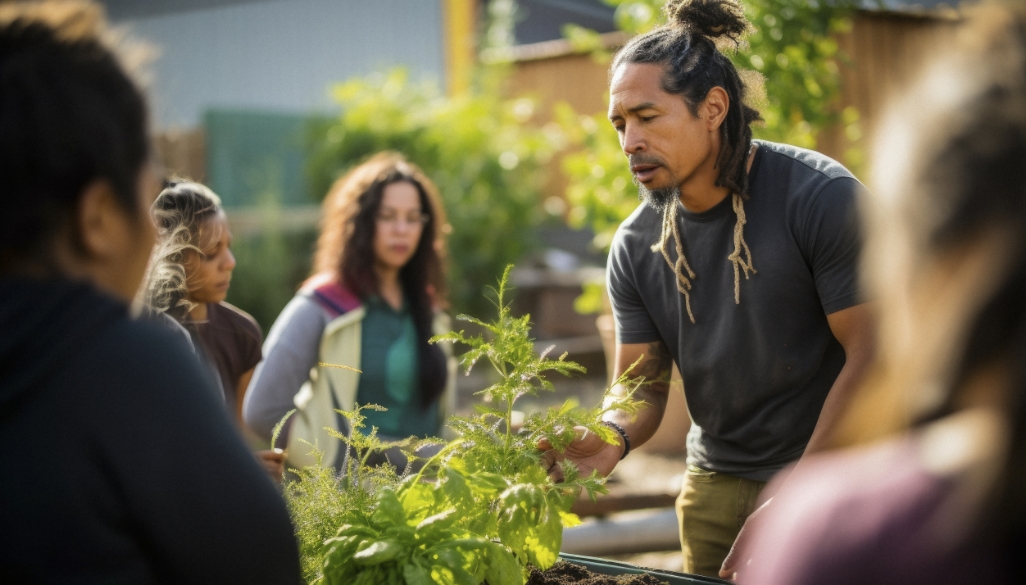Raising Eco-Conscious Children: A Parent's Guide

In today’s world, where climate change and environmental degradation are daily headlines, raising eco-conscious children has never been more important. Parents have a pivotal role in shaping young minds to be mindful of their impact on the planet and to develop habits that support sustainability. But how can you inspire your children to care deeply for the Earth while navigating the complexities of everyday life? This guide offers practical advice and thoughtful ideas to nurture eco-awareness in your family.
Firstly, leading by example is the most powerful tool at your disposal. Children absorb values from their parents’ actions far more than from words alone. Simple habits such as recycling, reducing plastic use, conserving water, and opting for public transport or cycling demonstrate respect for the environment. When children see these practices woven seamlessly into daily routines, they learn that caring for the planet is not a chore, but a way of life.
One of the best ways to engage children is through hands-on experiences. Take nature walks to explore local parks, forests or beaches and encourage your children to observe flora and fauna. Activities such as planting a garden, whether it’s a few herbs on a windowsill or a vegetable patch in the yard, provide a tangible connection to the Earth’s cycles and the food they eat. Composting kitchen scraps can be another excellent lesson in waste reduction and soil health. These experiences spark curiosity and foster a sense of responsibility for the environment.
Education is key, but it need not be dry or didactic. Storytelling, books, documentaries and educational games about animals, ecosystems and environmental challenges can make learning fun and memorable. Stories that celebrate heroes of nature and conservation introduce positive role models. Encourage questions and discussions to help children appreciate the complexity of ecological issues without feeling overwhelmed.

Reducing consumption and embracing mindful buying are crucial lessons. Teach your children the value of quality over quantity by choosing durable toys and clothes and donating items they no longer need. Emphasise the importance of repairing rather than replacing and introduce simple skills like sewing or mending. Shopping at local markets and choosing seasonal, organic food can also be part of this teaching, reinforcing the idea that choices matter.
Fostering gratitude and empathy towards all living beings expands eco-consciousness. Encourage respect for animals by teaching kindness, whether towards pets, garden insects or wildlife. Discuss the interdependence of species and the impact humans have on habitats and biodiversity. These conversations cultivate a broader sense of stewardship.
It’s essential also to empower children as agents of change. Support their efforts to reduce waste at school or participate in community clean-ups. Celebrate their eco-friendly initiatives, boosting confidence and reinforcing that even small actions make a difference. Involving the whole family in environmental projects builds solidarity and shared purpose.
Finally, balance is important. Avoid overwhelming children with doom and gloom about the environment. Instead, focus on hopeful narratives, creative solutions and the joy of nature. Encourage outdoor play and connecting with the natural world to nurture lifelong appreciation.
In conclusion, raising eco-conscious children is an ongoing journey blending example, education and experience. By fostering curiosity, respect and responsibility, parents can equip their children to live harmoniously with the planet. The seeds planted today will blossom into a greener, kinder future for all.










